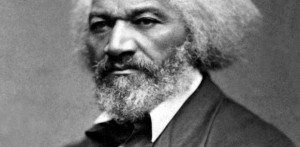Asheville Approves Reparations For Black Residents
Asheville, NC - In an extraordinary move, the City Council has apologized for the city's historic role in slavery, discrimination and denial of basic liberties to Black residents and voted to provide reparations to them and their descendants.
The 7-0 vote came the night of July 14.
"Hundreds of years of black blood spilled that basically fills the cup we drink from today," said Councilman Keith Young, one of two African American members of the body and the measure's chief proponent.
"It is simply not enough to remove statues. Black people in this country are dealing with issues that are systemic in nature," Young said.
The unanimously passed resolution does not mandate direct payments. Instead it will make investments in areas where Black residents face disparities.















